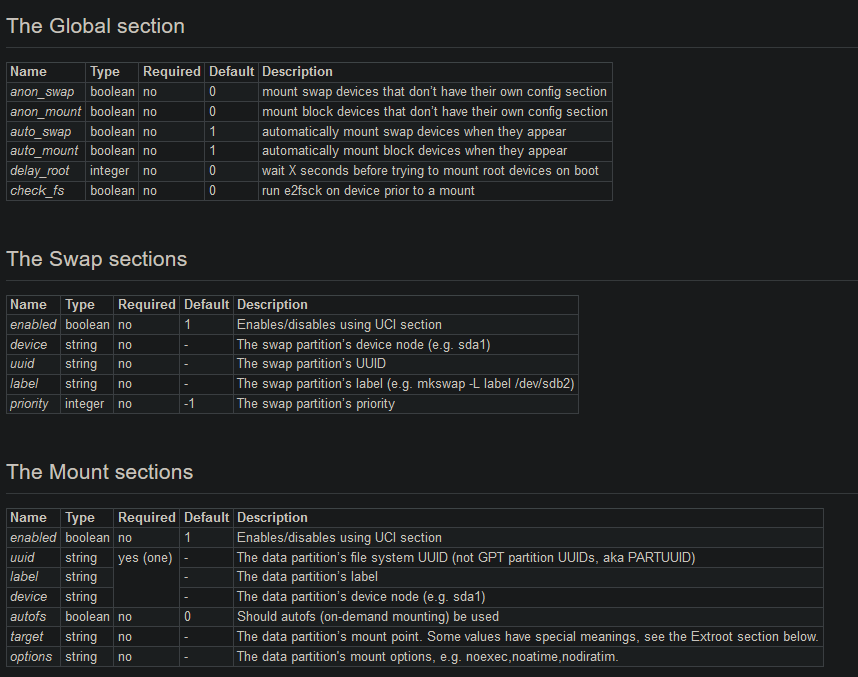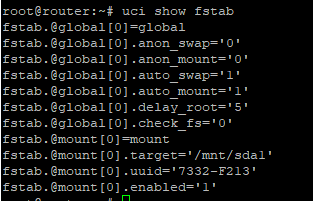Hi,
To anyone ending up here and these features are still not in LuCI, go in the software tab and install openssh-sftp-server and then install application winscp on your computer, this is the current easiest method.
I would like to discuss the addition of these basic components to LuCI. Many of the more exotic use cases in OpenWRT require manually editing files. This cannot be currently done via the web interface and one must resort to using ssh access to perform these basic tasks.
I know for many of you this is easy as pie but for beginners this represent a medium sized roadblock. Many users will need to learn using the terminal before they can figure the ins and outs of command line file browsing, file editing and the like on top of learning to use shell terminal software like ssh and putty.
There has been a few attemps in the past to bring these features to LuCI with various degrees of success and they are
Inspirations and alternatives from other management web interfaces
Home assistant web ui file browser
Home assistant web ui text editor
Home assistant web ui terminal
Home assistant programming ide in web ui
(just found there's a command line package in the repository ? not tried yet)
I think this could be a good way to bridge the ease of use gap between functionalities that are not supported in LuCI and require intervention in the terminal and completed LuCI apps.
Not to mention the general convenience of being able to do these tasks right from the web ui. In particular I would have links to the most important config files as bookmarks in my browser to fast editing.


